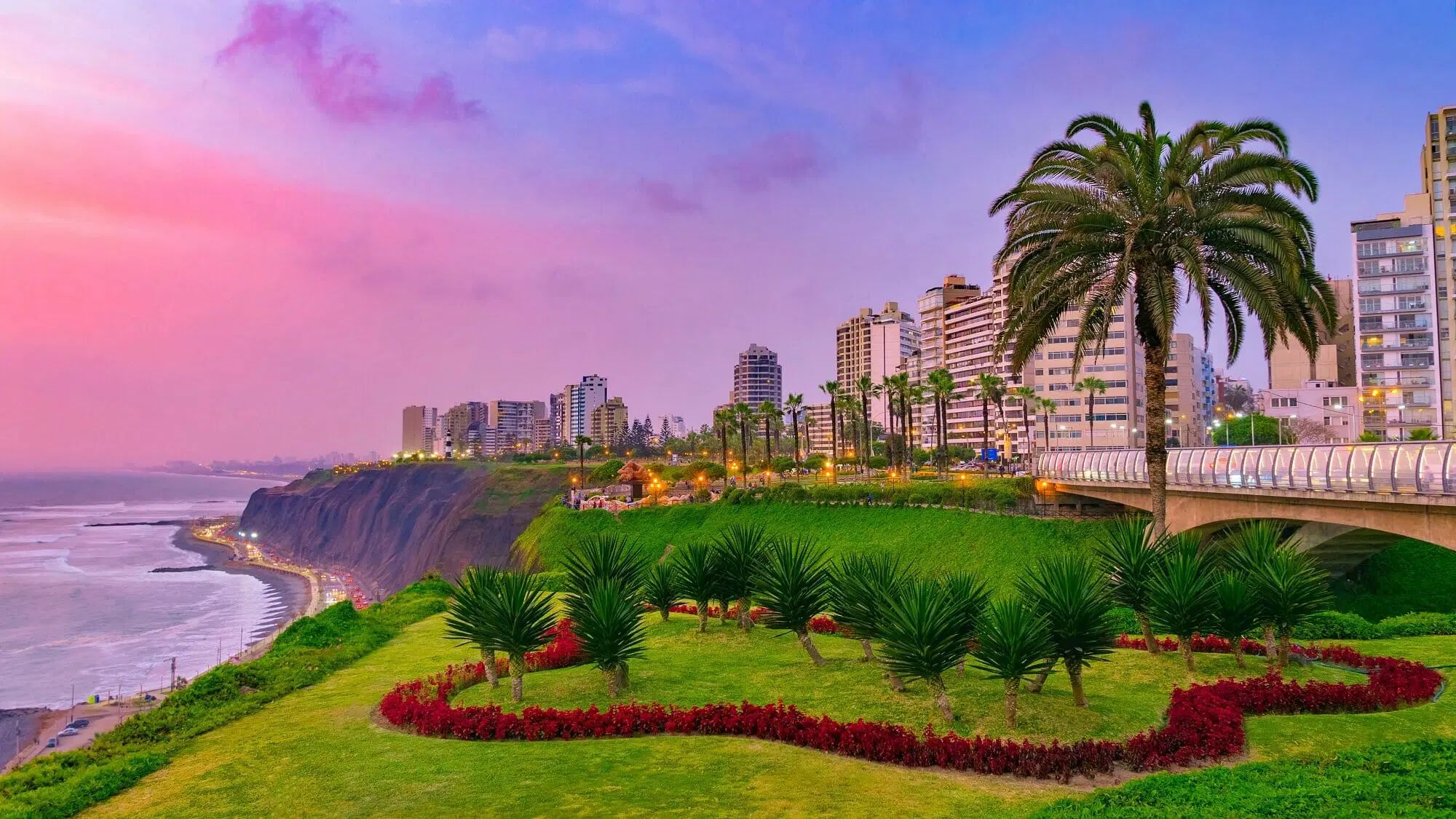Online Casinos, Sports Betting Come to Peru Following Government Approval
Posted on: July 19, 2022, 07:21h.
Last updated on: July 19, 2022, 02:21h.
Peru has become the latest Latin American country to join the online gaming market. Last Friday, lawmakers approved legislation that will allow online casinos and sports betting to operate in the country.

The Ministry of Foreign Trade and Tourism (Mincetur, for its Spanish acronym) campaigned for and sponsored the initiatives. It indicates that it will apply a tax of 12% to online betting, the same percentage that applies to the activity of casinos and slot machines.
The approval of the legislation was simple economics. Roberto Sánchez, the head of Mincetur, stated, “No one should conduct activity without taxation.” In addition, as the land-based segment continues its recovery, the new segments can bring more jobs to the country.
Mincetur is now the administrative authority over remote and online gaming at the national level. It will approve and regulate operators, manage them and issue fines when necessary.
The text also stipulates that participation in remote sports betting and gambling by minors and people with gambling problems is strictly prohibited. To determine player eligibility, operators must access Peru’s Registry of Persons Prohibited from Accessing Casino Games and Slot Machines.
Laying Down the Law
In addition, Sánchez pointed out that vulnerable sectors of the population must be protected to prevent the development of addictive behaviors. The government will accomplish this through access controls for minors and the execution of responsible gambling policies.
The law also establishes that remote sports betting gambling halls must not be less than 150 meters (492 feet) from temples or education centers that provide basic education. The distance is measured via the shortest “pedestrian route,” not line of sight. In addition, the municipalities may only grant licenses to the owners of remote sports betting game rooms with prior authorization by the Mincetur.
The approved project also covers advertising. Mincetur must approve all sports betting and gambling advertising before it appears in public.
At the request of Mincetur, the Ministry of Transport and Communications will have a role in the new gambling regime. It will be responsible for blocking web pages, IP addresses, URLs, and computer applications for any unlicensed operations control.
Government Sees Green
Peru expects to see a windfall from legalizing remote and online gaming. However, it also needs to prepare to go through a transition period as the market makes adjustments.
Sánchez added that online gambling activity should be transparent and legitimate. It should be free of acts of computer crime, fraud, and other illicit activity, such as money laundering.
Companies that incur an administrative infraction can expect to be penalized. Mincetur has a broad range of actions it can take. Among the options are warnings, fines of one to 200 UIT (a tax unit), the cancellation of a license, disqualification for up to ten years, or permanent disqualification. The UIT is a special tax unit whose values for the fines are from PEN4600 to PEN920000 (US$1,173 to $234,784).
Of the 12% tax, 40% will go to the public treasury. Another 40% is for tourism development, and the remaining 20% will be used to promote mental health programs.
Mincetur estimates that remote sports betting and gambling currently move around $1 billion a year. As a result, it projects it can raise at least $160 million annually.
The law will enter into force 60 days after publication in the Official Gazette, El Peruano. Then, Mincetur will have 120 working days to get the new markets off the ground.
Related News Articles
Most Popular
Las Vegas Overstated F1 Race’s Vegas Impact — Report
Vegas Strip Clubs Wrestle in Court Over Animal Names
Most Commented
-
End of the Line for Las Vegas Monorail
— April 5, 2024 — 90 Comments -
Mega Millions Reportedly Mulling Substantial Ticket Price Increase
— April 16, 2024 — 6 Comments -
Long Island Casino Opponents Love New York Licensing Delays
— March 27, 2024 — 5 Comments -
Nearly Abandoned Mall Outside Vegas Soon to Have Only One Tenant
— March 12, 2024 — 5 Comments
















No comments yet